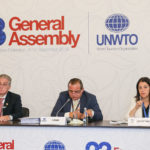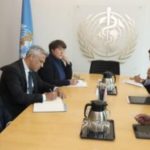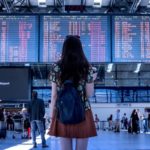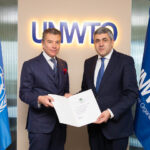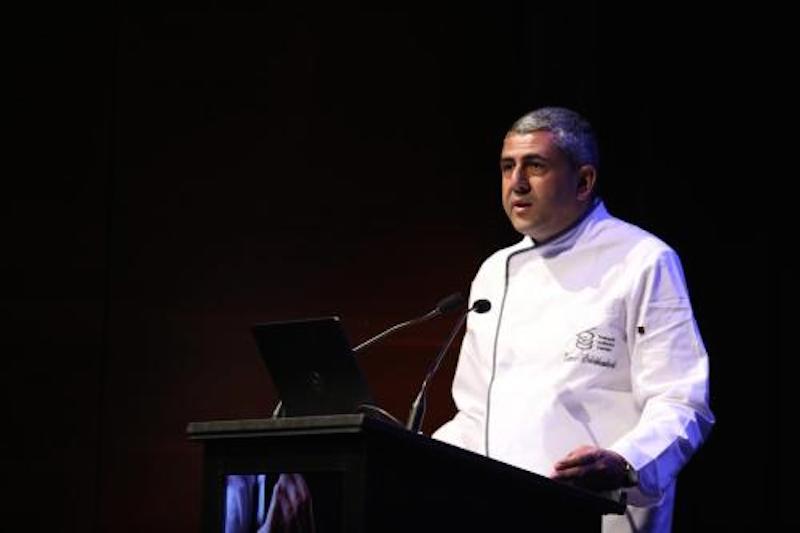
(TAN): Reopening of borders to tourism alone is not enough to revive the sector that has been devastated by the COVID-19 crisis. People around the world need strong, clear and consistent messages and not policy moves that ignore the fact that current challenges can only be overcome by working together, UNWTO Secretary-General Zurab Pololikashvili said.
Between January and May, the sudden and rapid fall in tourist arrivals cost an estimated USD 320 billion. That’s three times greater than the impact of the Great Recession of 2007-2009 on the tourism sector – and this is just for the first five months of the year.
[ALSO READ: Bankrupt Virgin Australia reunites stranded dog with family]
In a statement, the UNWTO secretary-general said those in positions of leadership and influence have recognized the importance of tourism for jobs, economies and rebuilding trust. This is only the first step. Now, they must do everything they can to get people travelling again, following and implementing all the protocols which are part of the new reality.
Governments have a duty to put the health of their citizens first. However, they also have a responsibility to protect businesses and livelihoods. “For too long, and in too many places, the emphasis has overly focused on the former. And we are now paying the price,” Pololikashvili said.
“In recent weeks, global tourism has led the way in finding and implementing solutions that will help us adapt to the new reality as we wait for a vaccine that could be many months away. Rapid but rigorous testing at ports and airports, and tracing and tracking apps have the potential to drive the safe restart of tourism,” he said, adding that these solutions need to be fully embraced, not just cautiously explored.
[ALSO READ: Phuket plans to welcome tourists back from November]
Pololikashvili warned that short-sighted unilateral actions will have devastating consequences in the long run.
“By and large, people have learned how to behave in a responsible way. Businesses and services have put protocols in place and adapted their operations. Now it’s time for those making the political decisions to close the gaps, so that we all can advance together,” he added.

